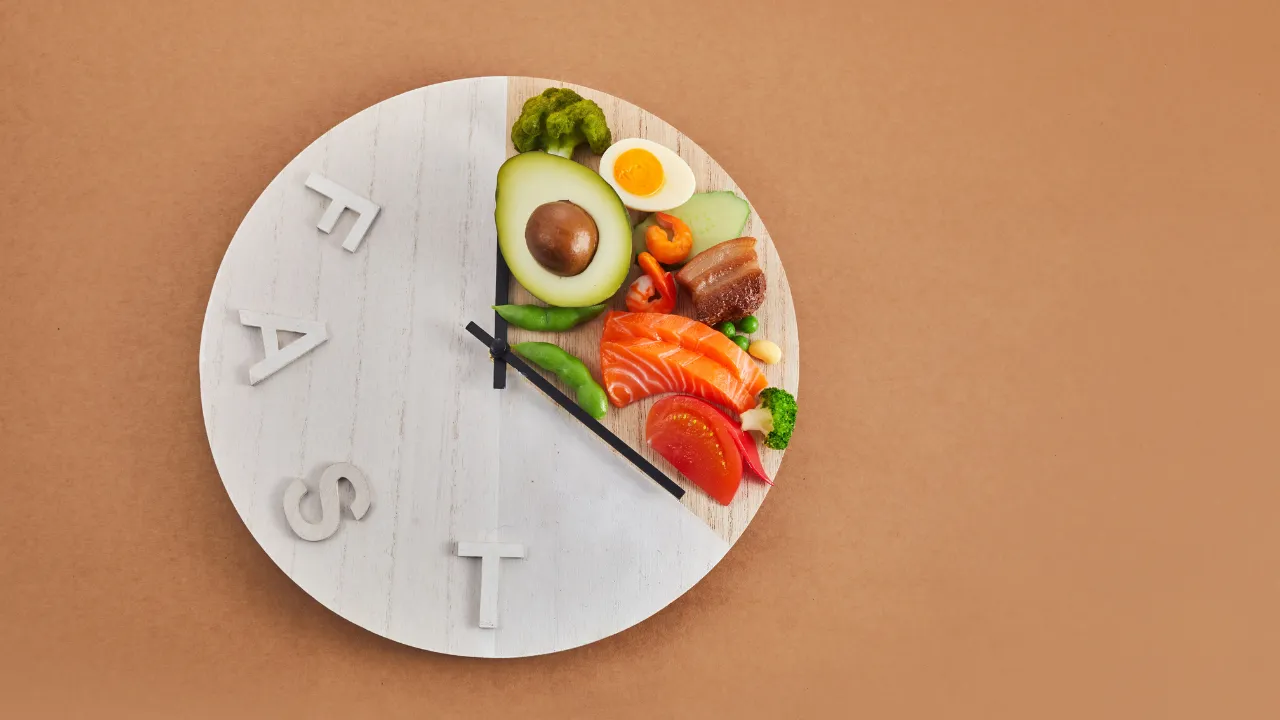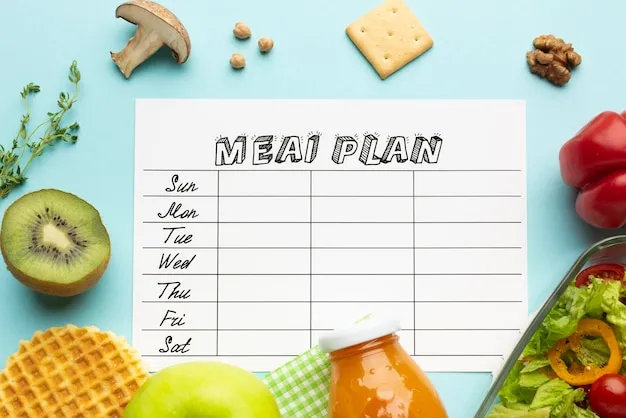
Why I Stopped Intermittent Fasting? Intermittent fasting has been one of the most popular health inclinations in cutting-edge years, praised for weight loss, progressed metabolism, and highbrow clarity. I jumped at the bandwagon, following a strict 16:eight fasting time desk (sixteen hours fasting, 8-hour eating window) for over a yr. At first, it regarded awesome—I misplaced weight, felt greater centered, and cherished the simplicity.
Not as it “didn’t artwork” — in many approaches, it did. But due to the fact over time, I started out to remember that going for walks doesn’t typically imply working well for me. This blog is a private account of why I give up Intermittent fasting schedule, what I discovered from it, and what I do in a different way now.
Read Also: 7 Day Meal Plan For Pancreatitis: Nourish Your Body With Healing Foods
What Initially Drew Me to Intermittent Fasting?

Like many human beings, I come to be attracted to IF because of its simplicity and promise. No counting calories. No limiting food companies. Just eat for the duration of certain hours — and permit your body do the relaxation.
My preliminary dreams had been:
- Lose weight
- Feel greater energetic
- Avoid late-night snacking
- Improve metabolic fitness
I started out with sixteen:8, skipping breakfast and eating amongst 12 PM and 8 PM. I loved the structure, the “biohacking” sense, and the early outcomes. The first month? I dropped five pounds. I had greater awareness within the mornings, my digestion stepped forward, and I even slept better.
So why save you?
1. The Initial Weight Loss Plateaued — and Reversed
During the primary few months, I did shed pounds. But after six months, I noticed the size wasn’t budging — and worse, I commenced gaining all over again. I wasn’t ingesting more or workout much less. But I started having big cravings during my eating window and discovered myself overeating to compensate.
Restricting myself all morning made me ravenous when the window opened. And that brought about:
- Binge-like conduct
- Poor meals selections
- Increased tension round mealtimes
This cycle undermined one of the middle requirements of IF — aware ingesting.
2. Social Life Became Awkward and Restrictive
Let’s face it: existence doesn’t usually in form into an eight-hour window. My buddies would possibly meet for brunch at 10 AM — and I’d awkwardly sip espresso. Family dinners ran beyond 8 PM — and I’d both pass dessert or eat it with guilt.
Instead of meals being a completely satisfied, social experience, it have become a worrying calculation:
- “Is it beyond 8?”
- “Can I wait till noon to devour?”
- “How many hours do I genuinely have left?”
Eventually, the pressure of the time desk commenced out to make me nerve-racking. It created a disconnect amongst my health goals and my relationships.
3. Hormonal Imbalance and Energy Crashes
After approximately 9 months, I started out out to examine shifts in how my frame turned into responding:
- I felt bloodless extra frequently
- My hair changed into thinning
- My intervals have become odd
- I experienced afternoon crashes
These weren’t subjects I expected. After gaining knowledge of more, I found that Best intermittent fasting for weight loss can impact hormone tiers — mainly in women. Cortisol (the pressure hormone) has a tendency to upward push in the course of fasting, that could mess with thyroid and reproductive health.
I wasn't looking to biohack my manner into adrenal fatigue.
You May Also Like: Which Statement Describes A Nutritionally Balanced Diet
4. Loss of Enjoyment Around Food

Eating had end up mechanical — squeezed into a time slot. I modified into now not taking note of hunger cues. Instead, I accompanied the clock.
- If I were given hungry at 10 AM? Too horrible, I needed to wait.
- Not hungry at midday? Too horrible — eat now or omit your window.
I found out that I’d misplaced touch with intuitive ingesting. Food have come to be a whole lot much less about nourishment and entertainment, and more approximately staying on pinnacle of things. That strain commenced out to experience like a weight loss plan — and a restrictive one at that. Why I Stopped Intermittent Fasting?
5. Sleep Disruption and Late-Night Cravings
Ironically, intermittent fasting had to begin with superior my sleep. But over the years, things changed. Going to mattress barely hungry — or obsessing over when I’d eat day after today — made falling asleep tougher.
Some nights, I’d wake up spherical 3 AM with starvation pangs or restlessness. And the cravings hit difficult after nine PM. I’d both try to push through or offer in and then sense like I “broke the policies.”
It felt like a lose-lose situation.
6. Mental and Emotional Burnout
I didn’t anticipate IF to be so mentally draining, but it changed into. The constant:
- Clock watching
- Planning food round meetings
- Guilt from breaking the fast “too early”
- FOMO at some point of social occasions
It took a toll. Instead of feeling empowered, I felt confined. And as someone who used to struggle with disordered consuming styles, this have emerge as a dangerous slope.
Read Also: Oikos Triple Zero Nutrition: Ingredients, Nutrition Facts And Key Features
What I Do Now Instead?
After preventing intermittent fasting, I didn’t swing to the alternative immoderate. I nevertheless care about what I consume, once I eat, and how I experience. But I now prioritize flexibility, balance, and self-popularity.
1. I Eat When I’m Hungry
I no longer pressure myself to pass breakfast. Some days I’m hungry at eight AM. Other days I’m not. I pay attention to my frame and reply.
2. Smaller, Balanced Meals

Instead of feasting all through an excellent window, I devour three–4 moderate food spaced out at a few stage within the day. I include protein, wholesome fats, and fiber — and I don’t demonize carbs.
3. Mindful Eating
I now cognizance on:
Eating slowly
Recognizing starvation and fullness
Savoring meals without speeding
It’s helped me reconnect with food in a healthy manner.
4. Improved Workouts
I located that schooling fasted wasn’t continuously high-quality. Now I fuel my body with pre-workout snacks and recover higher.
5. Better Mental Clarity
Without the regular mental juggling of fasting home windows, my mind feels clearer and calmer. I make meals selections based on what I need — now not a clock.
Final Thoughts
Long-term side effects of intermittent fasting works for lots—however no longer for anyone. If you’re feeling fatigued, obsessive, or sick, it’s ok to stop. Health isn’t one-period-suits-all.
- The significance of meal timing
- The strength of insulin regulation
- The fact of emotional consuming
But it additionally taught me that not every popular health fashion works for anyone. And that’s okay.
Quitting intermittent fasting wasn’t giving up — it became tuning in. To my body. My desires. My lifestyles. And that’s the healthiest desire I need to make. Why I Stopped Intermittent Fasting?



